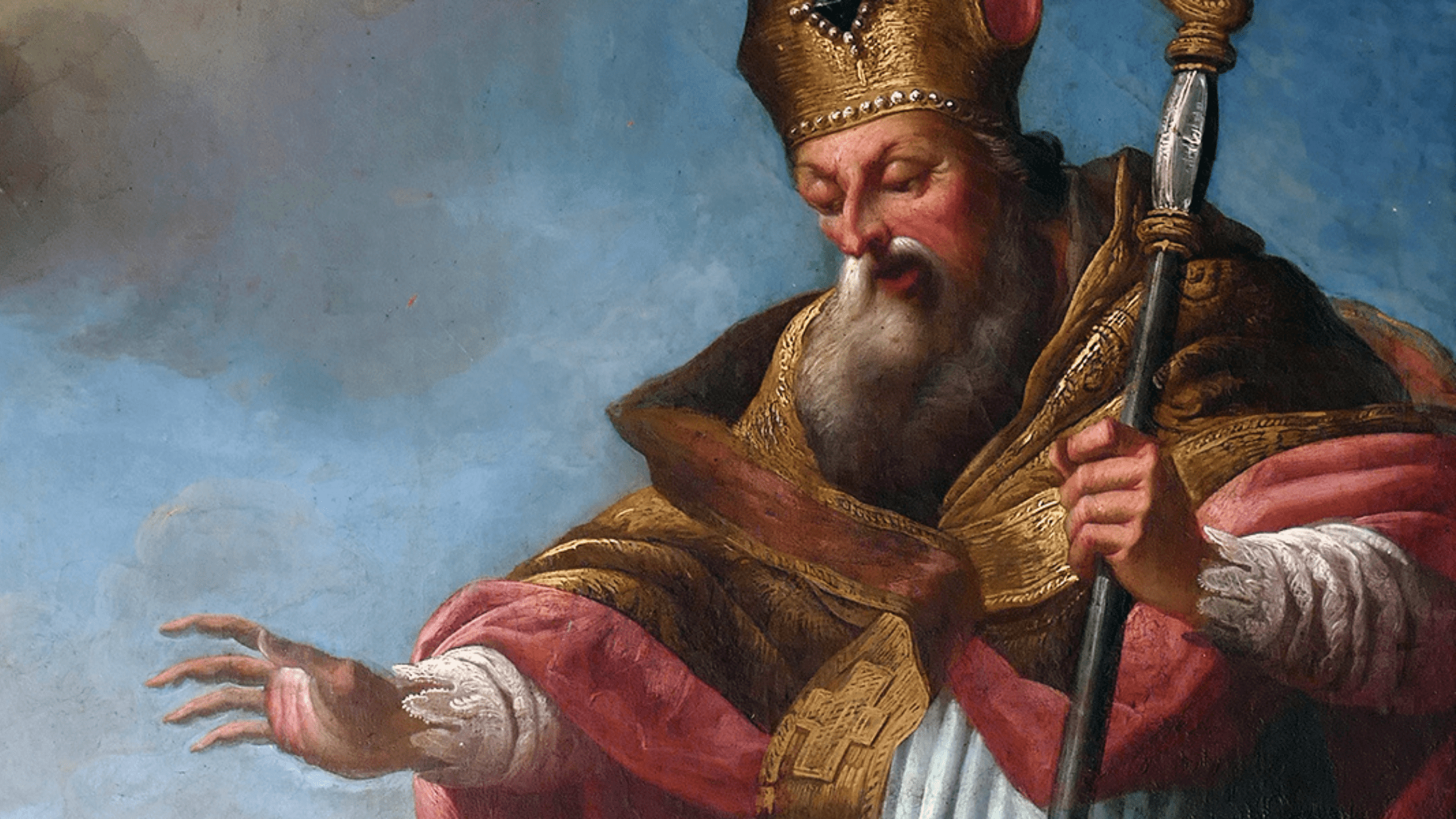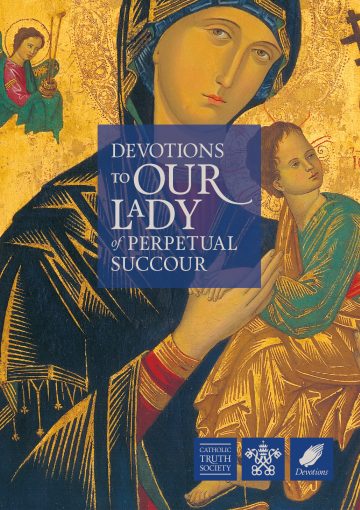There are more than a dozen saints called Valentine because, in its day Valentine was a very popular boy’s name; but the St Valentine whose feast is the 14th February, is the 3rd century St Valentine who was beaten with clubs, beheaded and buried near the Flaminian way in Rome. He is sometimes called St Valentine of Rome but the diocese of Terni claim him as Bishop of Narnia and say he was only visiting Rome when he was arrested and martyred.
Tradition has it that St Valentine’s mission involved marrying Christian couples according to the rites of the church. Making possible these marriages is part of the reason he is patron of lovers and happy marriages. Of course, St Valentine’s own great love was Christ and it was evangelising that got him arrested. Legend says he was released the first time he was arrested because he cured the judge’s daughter of blindness. The judge and all his household – forty-four people in all – were baptised. St Valentine continued to evangelise and the second time he was arrested he was martyred.
St Valentine was not associated with romantic love until several centuries later. This may be due to Chaucer who, writing about courtly / romantic love, said that it was on St Valentine’s Day that birds paired up. By Shakespeare’s time it was a feast for lovers and is mentioned in Hamlet. By the 18th century it had become secular and the tradition of Valentine’s cards began in England. They were made of paper lace and were sent to all sorts of people not just ‘your one true love’.
Valentine’s Day as we know it didn’t really start until the 20th century. Hallmark cards produced Valentine’s cards in 1913 and then the tradition of red roses, chocolates etc really took off. There is nothing left of St Valentine except his name. However, St Valentine’s relics are all over the world and you can visit him in Birmingham, Glasgow and Dublin as well as Rome, Madrid, Slovenia(where he is patron of beekeepers) to mention just a few.
And if you are feeling lonely on St Valentine’s Day you could go to Roquemaure in France. In 1868, a relic of St Valentine was credited with curing a blight which was destroying their vines and therefore their livelihoods. Since then, on the weekend nearest St Valentine’s day the population dress up and go around kissing everyone within reach.



